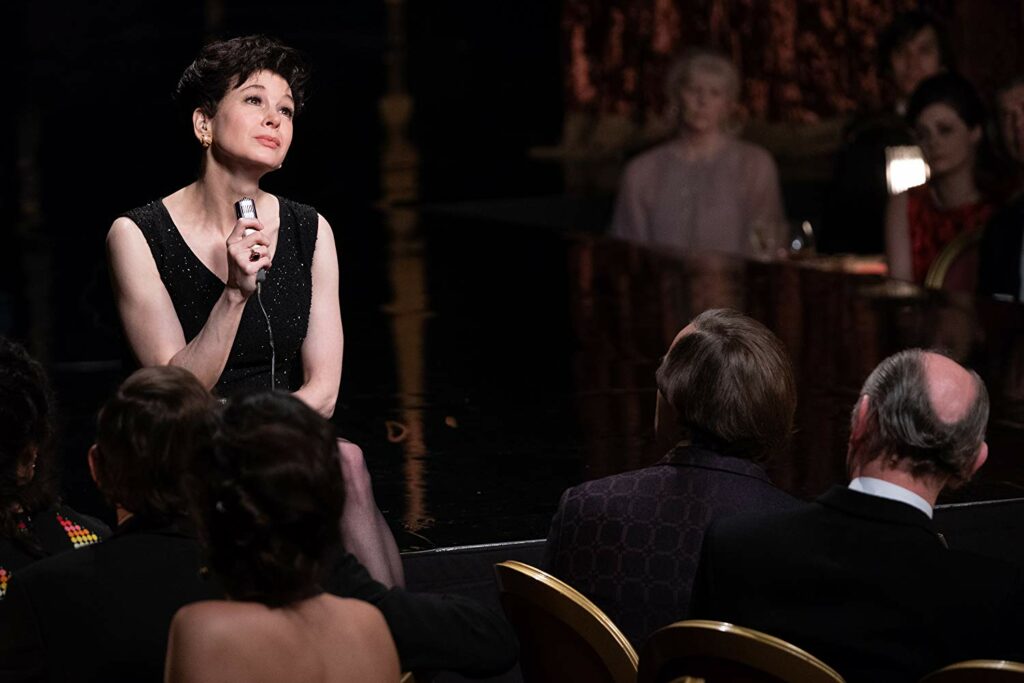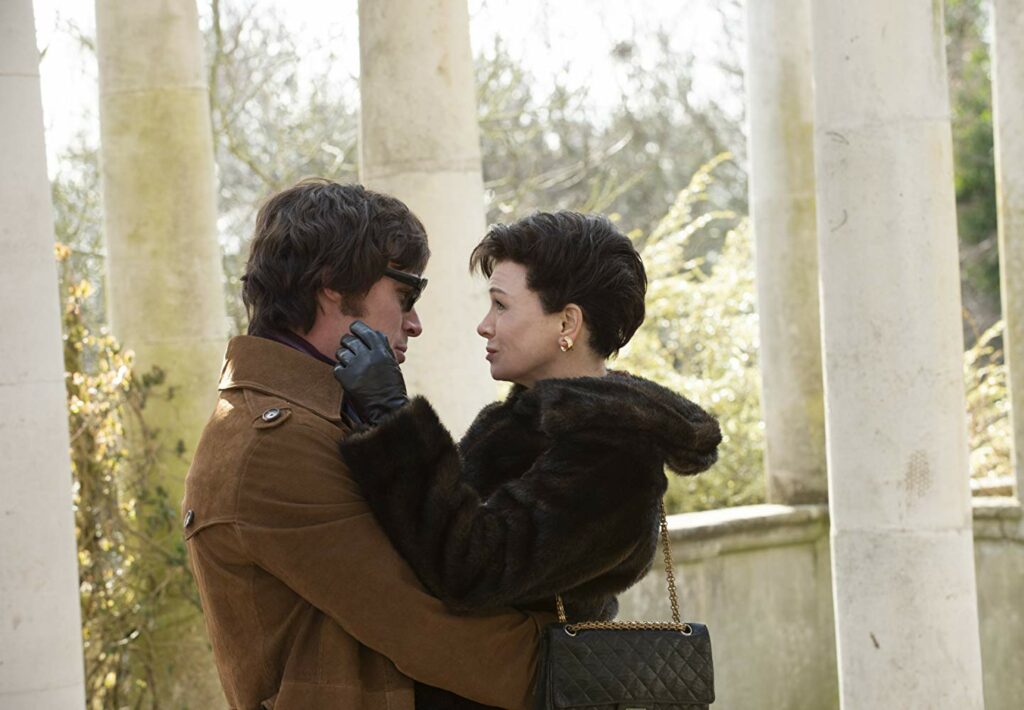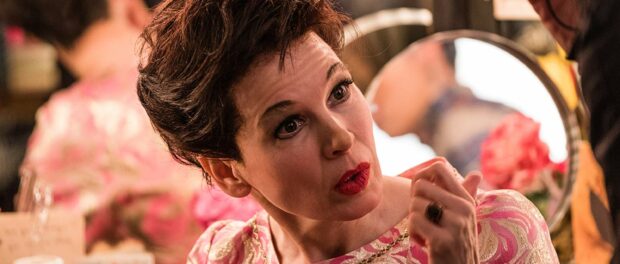Judy: The Price of Fame
Every once in a while, an actor/actress delivers such an incredible performance that it can transform a pretty good film into must-see viewing. That was the case in 2005 with Phillip Seymour Hoffman’s brilliant portrayal of Truman Capote in the flick Capote, and that’s the case once more in regards to Renée Zellweger’s transformative role in the new release Judy.
Zellweger has always seemed to know a good role when she sees it; think back to her breakout role in 1996’s Jerry Maguire (where she had us at “hello”), her Oscar winning performance in the 2004 film Cold Mountain, her various portrayals of likeable British misfit Bridget Jones, and her onscreen stint as Roxy Hart in 2002’s best picture Chicago. Whatever the role, Zellweger is a master at reinventing herself and keeping film fans eager to see what she’s got up her sleeve next.
Judy is a new biopic which tells the true story of entertainer extraordinaire Judy Garland during the last part of her life in 1968 when she traveled to London to play a series of sold-out concerts. Judy is adapted from the play “End of the Rainbow” by Peter Quilter and brought to the big screen by Tom Edge. Directed by Rupert Goold, the film presents the tragic story of how Garland was groomed by studio execs (in particular Louis B. Mayer) to be a star. Through flashbacks, viewers are given an intimate look into her life as a child actress. In particular, the film delves into her time making The Wizard of Oz in 1939 and explores the pressures (ie. to keep her weight down) put on her by the adults surrounding her.

Throughout the film, Goold illustrates the direct correlation between Garland’s early years growing up in the MGM studio system and her later years struggling with addictions to drugs and alcohol. Despite her legendary talent, the drama doesn’t shy away from depicting the more troublesome aspects of her personality such as her constant pill popping and drinking (much of it in front of her children) and her constant yet unfulfilled yearning to find (and marry) a man who will “save” her. Judy is a film about the pressures and demands placed upon performers (especially at a young age) and how such abuses can last for a lifetime.
Judy Garland is a tragic figure and died in 1969 at the age of 47. Even after her death, however, her legend has grown, especially given her status as a gay icon. This aspect of her career is aptly dealt with in the film during a scene in which Judy greets an autograph-seeking gay couple waiting outside for her after a show. To the surprise of both men, Judy asks if they’d be interested in getting some dinner with her. What follows is a sweet vignette in which the mega star has a lovely evening in their London home. Here we learn why Garland seemed to have felt such a close bond with gay men. At a particularly poignant moment, she voices her belief that society hates anyone who is different; something all three of them can attest to.

Zellweger doesn’t simply “play” Garland, but rather “becomes” the entertainment icon. If you’re a fan of Judy Garland, you’re sure to be impressed by how well Zellweger is able to capture and recreate the legendary actress/singer’s voice, mannerisms, and assorted idiosyncrasies. There’s no doubt about it: in Judy, Zellweger gives the performance of a lifetime.
Judy is now playing in theatres.






